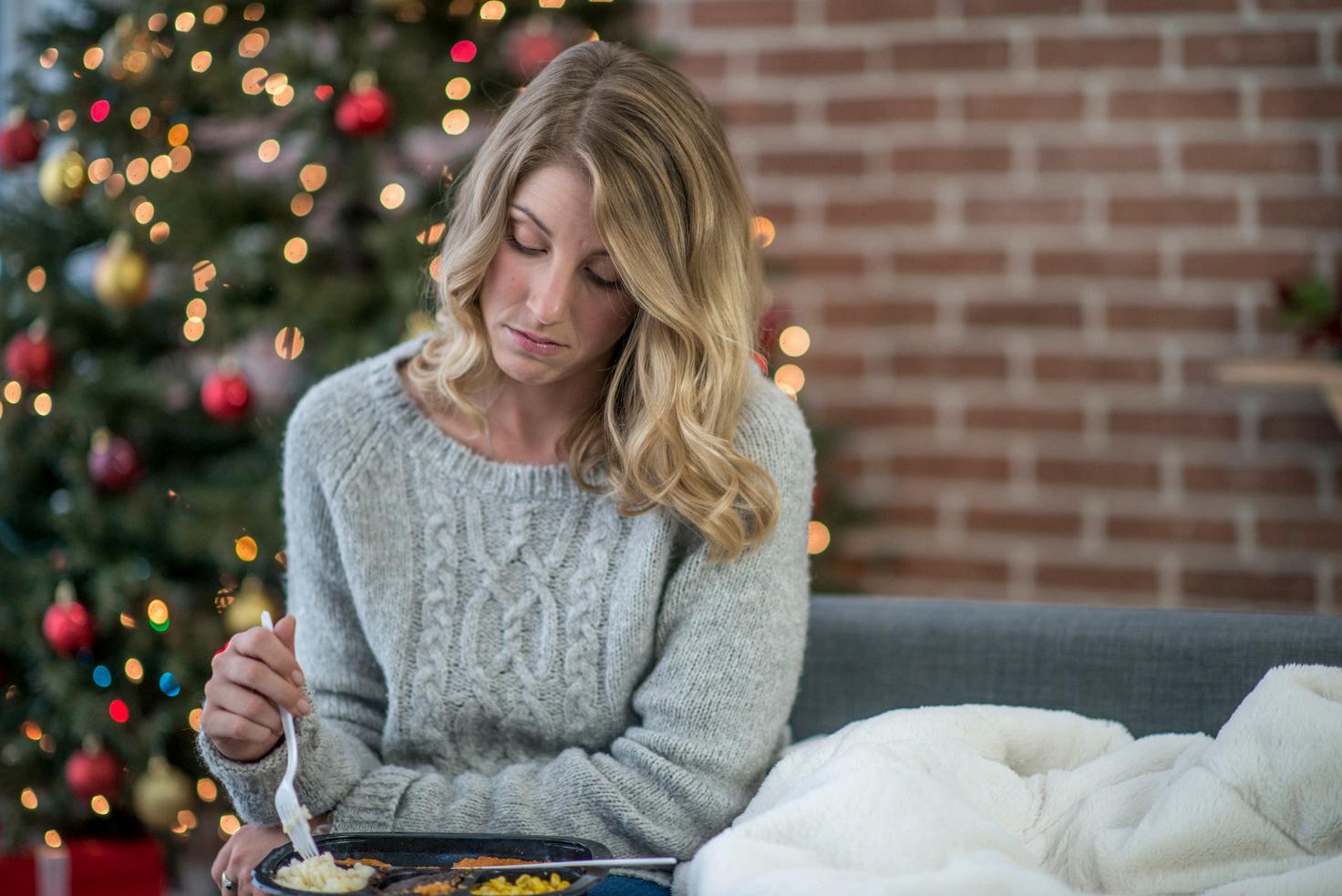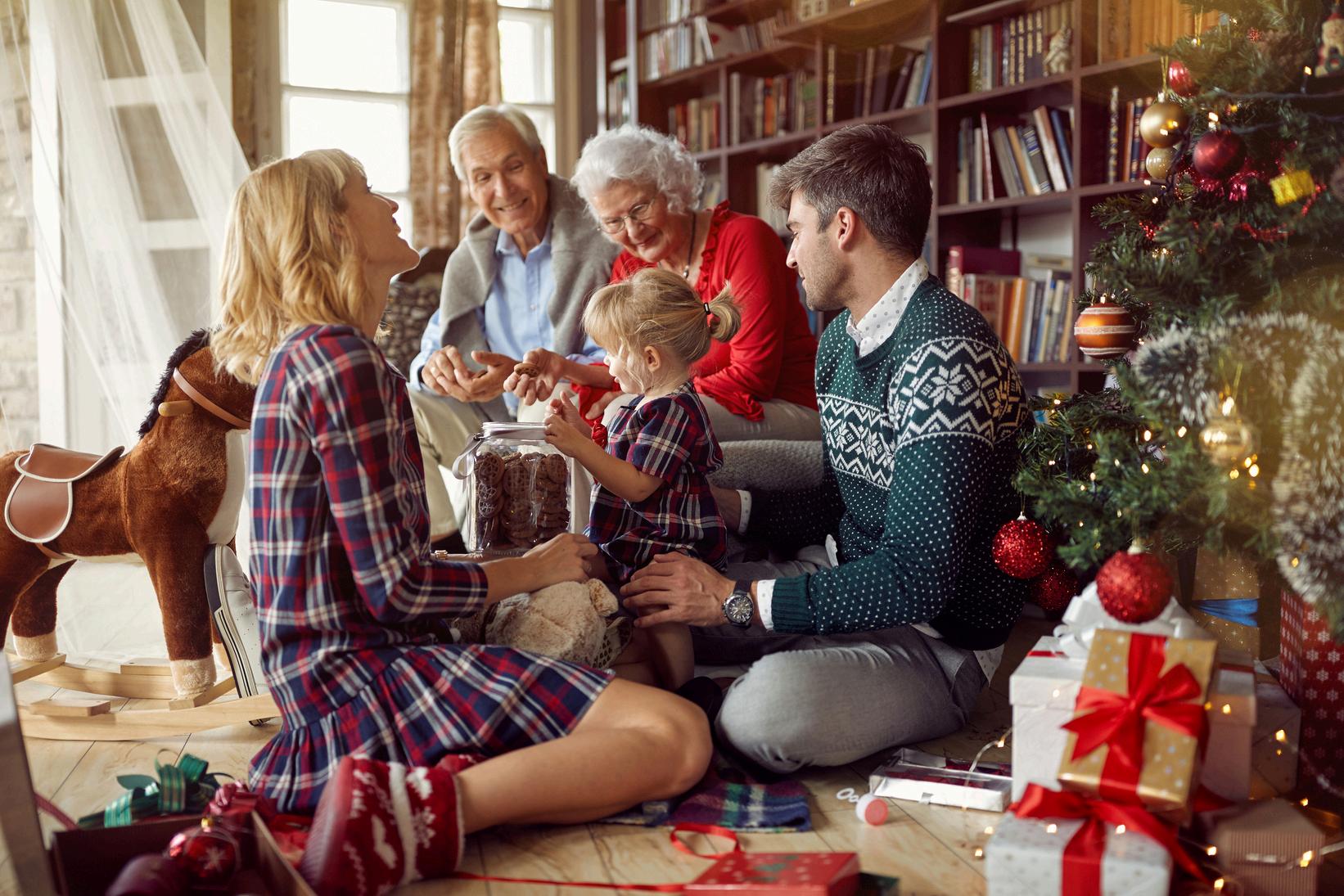
1 minute read
Culturally Responsive and Trauma-Informed Mental Health Care During the Holidays
by Shayla S. Dube, MSW, RCSW
The holiday season often brings a mix of joy, stress, and expectations. For many, it’s a time to connect with loved ones, but for others, the pressure to meet familial and societal norms can lead to emotional exhaustion. Life is a dual dance; we don’t have to choose one emotion over the other. Instead, we can embrace all our emotions— both pleasant and unpleasant—with nonjudgmental compassion and conscious curiosity. For those from marginalized communities, navigating this season requires a culturally responsive and trauma-informed approach to mental health care that honours community, individual experiences, and resilience, which looks different for everyone.


GriefandTraumaDuringtheHolidays
The holiday season often amplifies grief, especially for those who have lost loved ones or carry the weight of historical and ongoing trauma. For many marginalized groups, the season can also triggerthecompoundedimpactsofvicarioustraumaandcollectivegrief
Vicarious trauma refers to the emotional and psychological toll of witnessing the suffering of others, whether through direct experience or exposure to stories of global genocides, systemic inequalities, and the long shadow of colonial violence. This trauma, while often overlooked, resurfacesduringmomentsmeantforjoy,highlightingtheparadoxofnavigatingcelebrationwhile holdingpain.
Collective grief arises from losses that affect an entire group or community. For example, the erasure of cultural practices, displacement from ancestral lands, or the continued harm of systemic oppression can evoke a shared sense of mourning. Rooted in collectivism, this form of grieffindshealingthroughcommunalrituals,storytelling,andsolidarity.InthespiritofUbuntu “I am because we are” healing happens not in isolation but through the support, anchoring and presenceofothers.
Additionally, disenfranchised grief grief that society fails to recognize as valid and cumulative grief, the compounding of multiple losses over time, are common during the holidays. These forms of grief often intersect with ancestral trauma, which is carried not just in the mind but in thebody.Beextragentlewithyourself.Griefandgratitudecancoexist,andyoucanhonouryour emotionswithoutfeelingpressuredtomaskyourpainwithperformativejoy.
SettingBoundariesandChoosingYourEnvironment
Family gatherings can evoke both comfort and stress. It is important to recognize your limits and honour your boundaries. You are not obligated to attend events that feel unsafe or emotionally draining. Forcing yourself or your children into uncomfortable interactions, such as hugs or forcedconversations,canexacerbatestressandtrauma.










